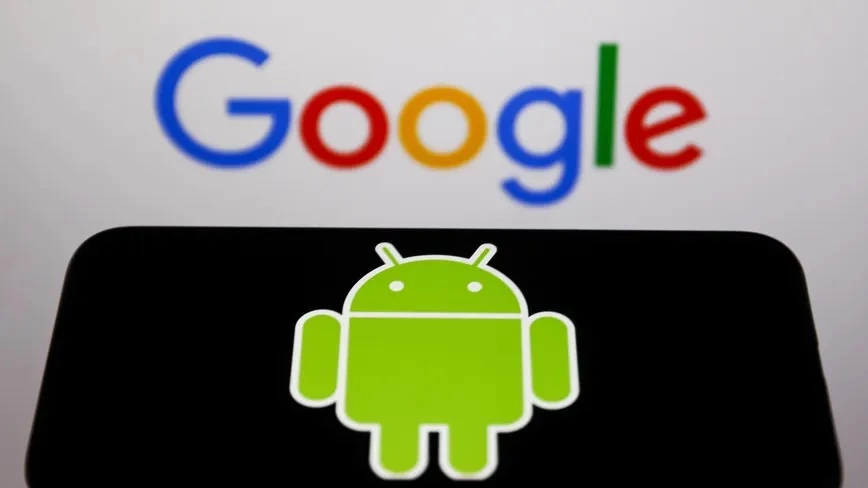Yes, that would be nice for the consumer. So maybe Apple pundits should start aiming their vitriol at Amazon to make it happen. Because it’s not Apple’s fault that Amazon is forcing customers to leave the app, the blame lies squarely with Amazon.
Amazon just this week announced that you can no longer purchase e-books from within their apps sold on the Google Play Store. Why? The same reason you can’t on the Apple App Store, Amazon doesn’t want to pay the App Store commission. There is no fault with Apple or Google. Amazon is simply making a strategic business decision on how they want to price and distribute their merchandise.
It’s an outright lie for Amazon, or anyone in the punditry, to say that Amazon can’t afford to sell in official AppStores for iOS or Android. Because people have demonstrated for ages that they will pay for convenience. If you tack 15% onto the price of that $10 book to cover your added costs, people will pay it. Furthermore, most people won’t even know that the book which they just paid $11.50 for might have been $9.99 if they had went to the trouble of using their Safari browser.
But who is going to care about that extra $1.50? The convenience makes it worth it. You also get the added benefit of all of your purchases backed up on Apple’s iCloud should you ever want to download in the future. Amazon is quite sly when they say that they can’t afford to carve out 15% from their EXISTING PRICE STRUCTURE. Well, of course if they don’t raise prices, they can’t afford to give Apple or Google a cut. But they never address the potential solution of raising prices and passing along the fee.
No, the reason you can’t buy books within the Kindle app really isn’t about fees or commissions. It’s something else that Amazon doesn’t want to explain. I don’t know what it is. But I suspect it has more to do with Amazon not wanting to support competing platforms, data sharing about their customers, or perhaps protecting their proprietary stores.
But for technology writers to say that Apple or Google should make their AppStore free is financial illiteracy. Who anywhere in business makes their store free? Try to sell anything you have in Walmart or Best Buy and tell them you want shelf space but demand 100% of the proceeds with no cut for them. Or from an electronic viewpoint, try doing the same with Amazon or eBay. You’ll have no luck. Why? Because it costs a lot of money to provide a retail outlet whether it is bricks and mortar or a digital platform. Every 100 employees is going to cost an annual budget of $20 million.
And since when did the “consumer experience” become decoupled with financial reality? It would be nice if you if you could walk into a Chevy dealership and cross shop with Ford and Honda. But is GM going to sell you a Honda Civic? Never. Sure, it would be nice for the consumer, but there are some lines that retailers just won’t cross. Ever
Digital platforms are ongoing expenses that require money every month. You can’t pay for those with hardware purchases from customers that are seasonal. It makes no sense to make the App Store free to developers and force iPhone consumers to foot the bill for everyone.
As I’ve explained until I’m blue in the face, the current system of supporting the AppStore via commissions allows the consumer a vote on which apps are worthy of support. If any specific app or genre rakes in the cash, Apple has an incentive to blaze the way for those apps and work with those developers. Apple made this point in the Epic court case when it came out that they literally had engineers assigned to Epic’s apps.
But pundits like Jason Snell would like to take away the consumer vote so that their developer friends can rake in more cash. That’s disgusting. Nice of Jason to sell out his audience. I’m surprised Apple hasn’t cut this guy off completely yet.
If you can’t buy your favorite products within a store, people don’t generally blame the store. They instinctively know that if you can’t buy a Rolex watch at Walmart, that somehow it’s because Rolex made the decision to stay out and Walmart isn’t preventing them. The announcement this week that you can no longer buy books within the Kindle app on Android helps make my point that it is the same situation with app stores.



 RSS Feed
RSS Feed